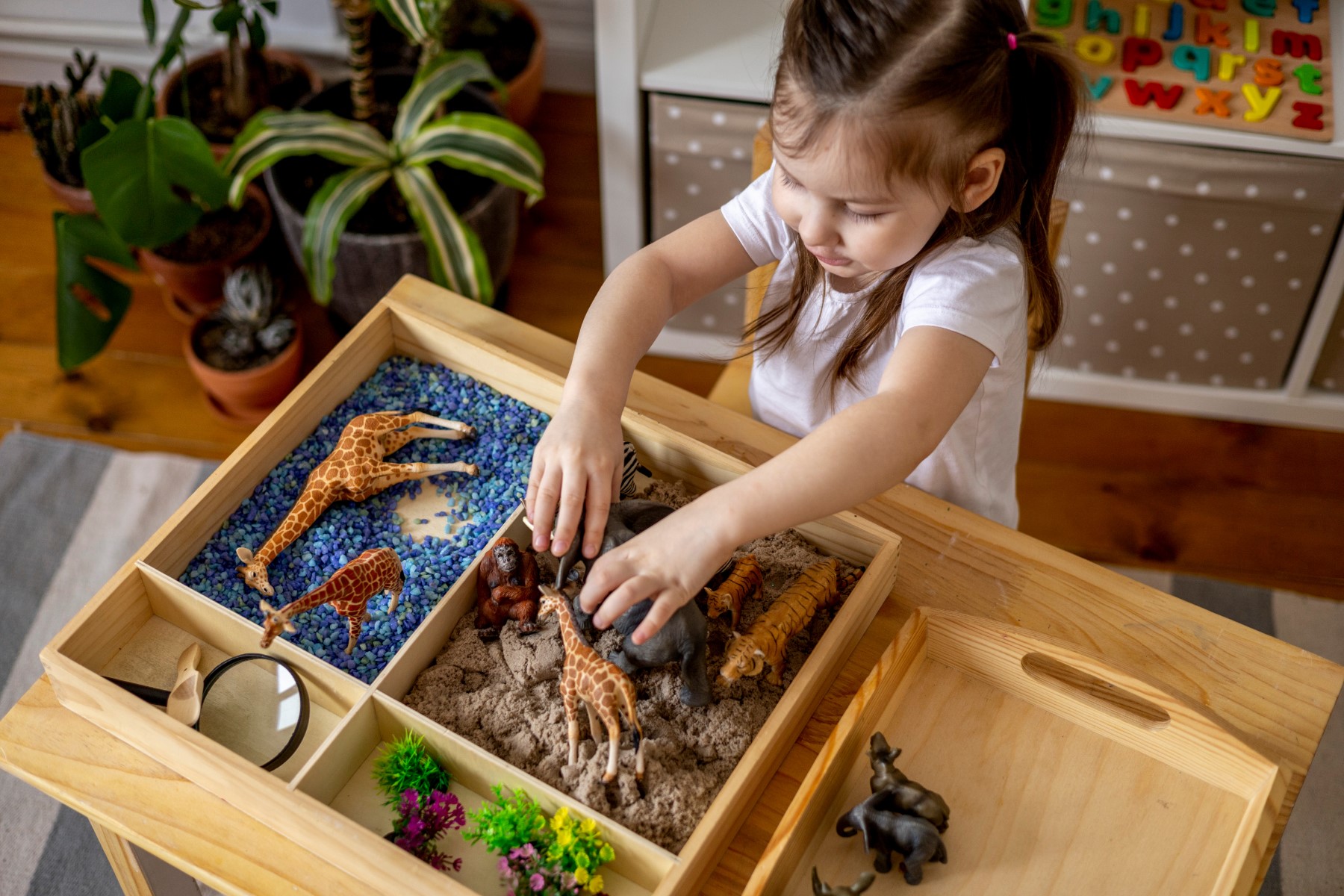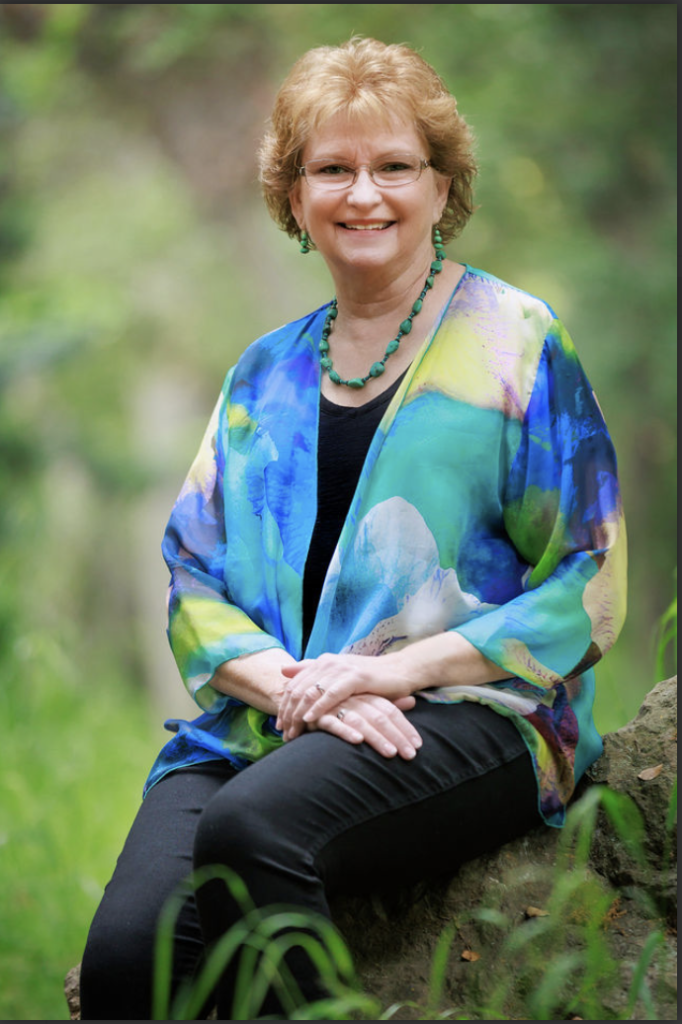Play Therapy

Play is a child’s first language. Children typically don’t need to be taught how to play – it just comes naturally. Play Therapy is a way of being with a child that honors their unique developmental level and looks for ways of helping a child process their struggles and emotions. Maureen uses the play process therapeutically to help her clients, most often children ages three to 12 years, to better express themselves and resolve their problems.
Play therapy works best when a safe relationship is created between the therapist and client, one in which the child feels free to naturally express both what pleases and bothers him/her.
Mental health agencies, schools, hospitals, and private practitioners have utilized play therapy as a primary intervention or as supportive therapy for:
- Behavioral problems, such as anger management, grief and loss, divorce and abandonment, and crisis and trauma.
- Behavioral disorders, such as anxiety, depression, attention deficit hyperactivity (ADHD), autism or pervasive developmental, academic and social developmental, physical and learning disabilities, and conduct disorders.
Research suggests play therapy is an effective mental health approach, regardless of age, gender, or the nature of the problem, and works best when a parent, family member, or caretaker is actively involved in the treatment process.

Healing Kids With Play Therapy is Special
“Play is often talked about as if it were a relief from serious learning. But for children play IS serious learning. Play is really the work of childhood.” -Fred Rogers, creator and star of the show Mr. Rogers Neighborhood.
Children are such wonderful and complex people. They experience the full range of human emotions, but do not always have the vocabulary or ability to say what they feel. When children play, barriers that prevent their expression melt away.
As a play therapist and as a Nana, I have learned to listen and hear the messages that children can’t get out in other ways. Happiness, fear, anger, confusion, all of these things that our children express as a tantrum or through defiance, or anger and unkind words, are attempts to connect to their grown ups and ask for help. I am here to listen to them and you. My life’s work and joy has been to help children connect and have more harmonious and close relationships with their grown ups that flourish as they grow up.

